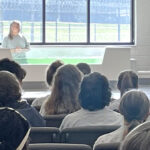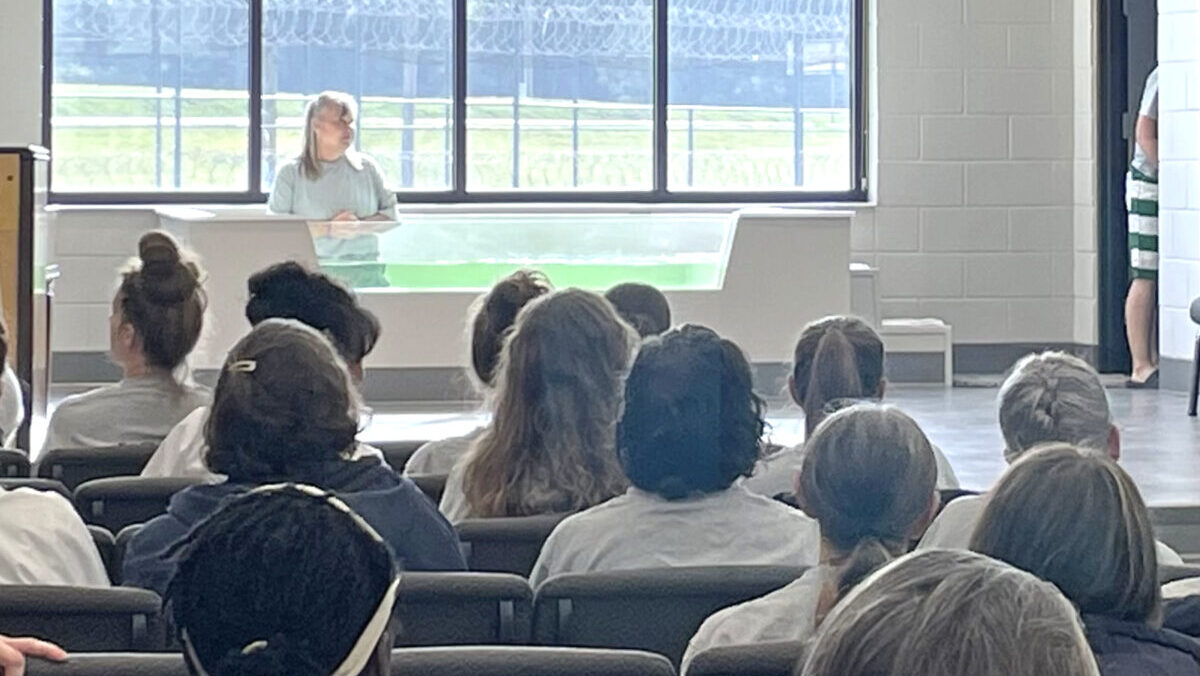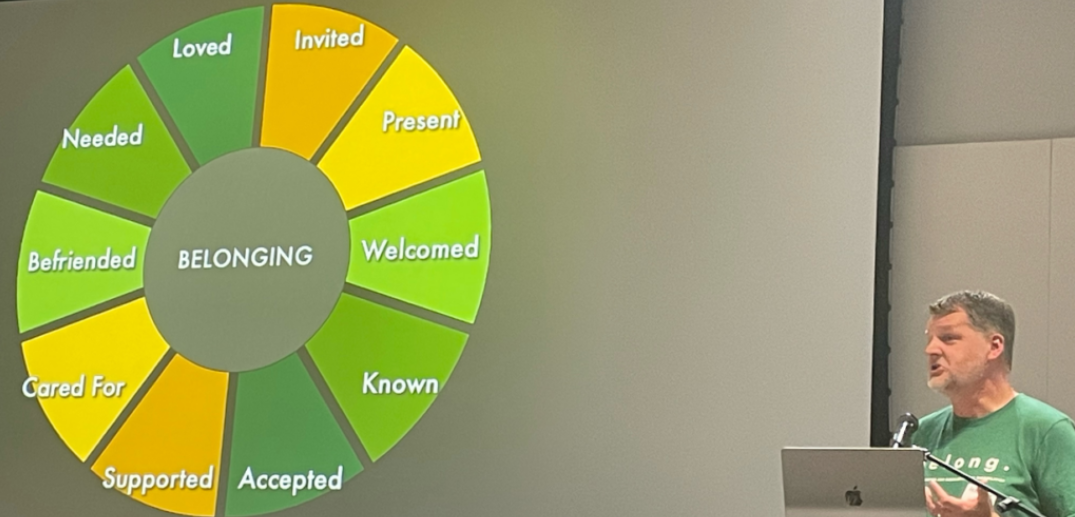By now many have probably heard about the crisis of pastoral vacancies. The average age of pastors has skyrocketed, in statistical terms, in a drastically short time.
According to an extensive Faith Communities Today (FACT) survey, “In the last two decades the median age of the religious leader rose from 50 in 2000 to 57 in 2020.”
This is a trajectory that has been trackable for some time. While many factors contribute, the bottom line is that younger clergy are not replacing the aging and retiring.
Alarming trend
This trend can be seen in the steep decline in seminary enrollment. Christianity Today reports, “Trinity’s Divinity School (TEDS) recently downsized its faculty, and Fuller Theological Seminary consolidated its campus and programs a few years ago, shortly after Moody Bible Institute.”
The situation in New England is just as alarming. Andover-Newton Theological Seminary sold its campus in 2016, and Gordon-Conwell Theological Seminary has announced its intention to sell its flagship campus in South Hamilton, Massachusetts.
Simply put, there just aren’t enough students to sustain these pastoral training institutes.
Though no one can predict the future, Jesus said the wise will read the signs of the time. The spiritual climate in the United States is changing, as churches get smaller and many close their doors permanently. Bi-vocational or co-vocational ministry is becoming more common, and vacant church facilities are being converted into apartments, pubs or entertainment venues.
How we train pastors may need to go through a transition as well. While this may seem at first a depressing new reality, it may actually be better for the health and future of the American church.
Here are some suggestions to offer potential pastors in considering the future of pastoral training:
Don’t leave your home church
The precedent of leaving your home church to go spend three years on campus at a seminary may never have been ideal. Instead, plug into ministry and start shepherding people right where you are. How much better if the local church that identified your call and supported you gets to reap some of the fruit of your ministry?
Find good pastoral mentors
The best person to train you for pastoral ministry isn’t likely an academic who spends most of his time in the halls of a university. It is more likely a faithful, invested local church pastor who knows how to spend his day shepherding a flock. Whether this is your own local pastor, or better yet a group of local pastors who are willing to mentor you for ministry, this may be a healthier preparation.
Get as much education as you can
Even if you are not up for spending three or four years of full-time study to earn a master of divinity degree, pastors should be educated if opportunity allows. Finish your bachelor’s degree at least, take as many Bible and theology classes as you can, and read voraciously from the wealth of theological and devotional books available via the click of a mouse. Online courses and certificate programs are ubiquitously accessible in ways never dreamed of in the past. The M.Div. should still be the ideal, even if much of it is done remotely.
Consider church revitalization
I love church planting, and church revitalization is not a competition but a companion to it, as both are needed. But I want to plug the benefits of coming into an established congregation that needs renewal.
To take a church with a core of genuine believers and restore their reputation in the town or city, is something the community will cherish. Even the restoration of an old facility into a bustling ministry outpost will speak volumes to a watching world.
The coming pastoral shortage is no doubt alarming.
A dearth of pastors could spell trouble for local churches, which could either close their doors or call unqualified or even unscrupulous individuals into the pastorate. It also might be a once-in-a-century opportunity to see the church transformed.
The rising number of empty pulpits from various traditions leaves an interesting vacuum.
What we do with it to train a new generation of pastors may determine, under the providence of God, what the American church looks like for the next century.
EDITOR’S NOTE — This story was written by Rick Harrington and originally published by Baptist Churches of New England.








